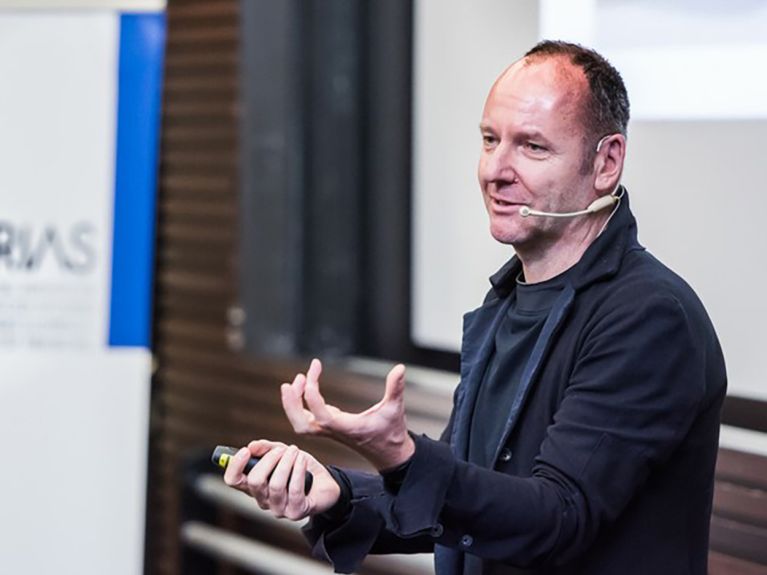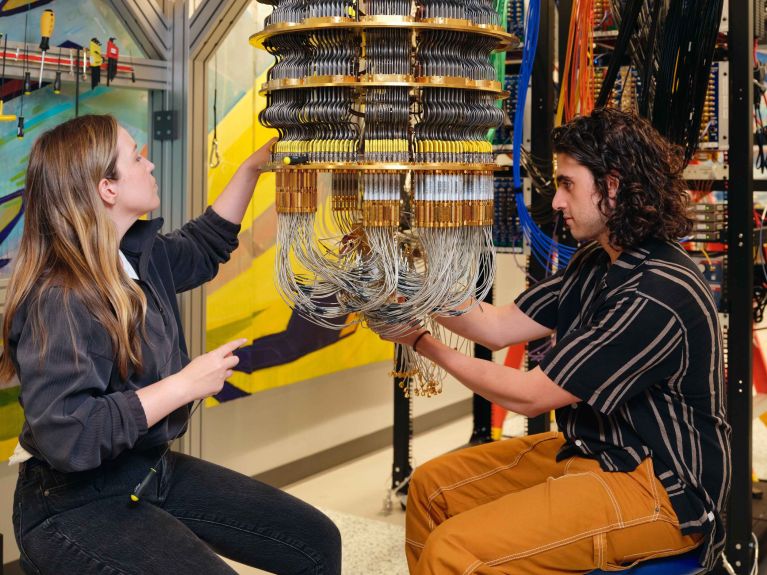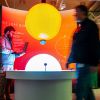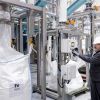The quantum pioneer from Germany
German computer scientist Hartmut Neven heads up Google’s quantum laboratory. He is regarded as one of the most innovative minds in this revolutionary field of research.

For many people it was a real sensation: at the beginning of December 2024, the US company Google presented its new quantum computer chip “Willow”. The stock markets showed a flurry of activity, quantum researchers were impressed. The team of developers at the Google Quantum Artificial Intelligence Laboratory had managed to drastically reduce the susceptibility of quantum computers to error – still one of the biggest obstacles to practical application.

The advancement was primarily thanks to German computer scientist Hartmut Neven. The founding of the Quantum AI Lab in 2012 – which counts NASA among its collaborators – was his brainchild. Neven had previously been closely involved in product development at the tech company Google for several years, leading teams in the field of image processing and visual search systems, and also playing a key role in the development of the Google Glass smart glasses.
Exceptional entrepreneurial mindset
Having studied both physics and economics, Neven showed an exceptional entrepreneurial mindset early on, and was selected from among 40 doctoral students at the Institute of Neuroinformatics at Ruhr University Bochum to head a media lab at the University of Southern California in Los Angeles. The assignment: to market facial recognition software that his professor had invented. The project failed, but the next attempt was successful and his start-up, Neven Vision, was taken over by Google.
Neven came to quantum computing through his work on image recognition and the use of machine learning – “because it was foreseeable that conventional computers would never become substantially quicker at solving the optimisation problems involved,” he says. His favourite example of the enormous potential of machines: “Quantum computers can help us understand fusion processes in such a way that we can make nuclear fusion work.”
Nature’s operating system
Neven has ambitious goals: he and his team are looking to present the first universally applicable quantum computer by no later than 2029. “This will enable us to utilise quantum mechanics – ‘nature’s operating system’,” he says. But he doesn’t believe quantum computers will replace conventional computers entirely. “Using a quantum computer to type e-mails or play YouTube videos is like driving a Ferrari to go shopping.”


